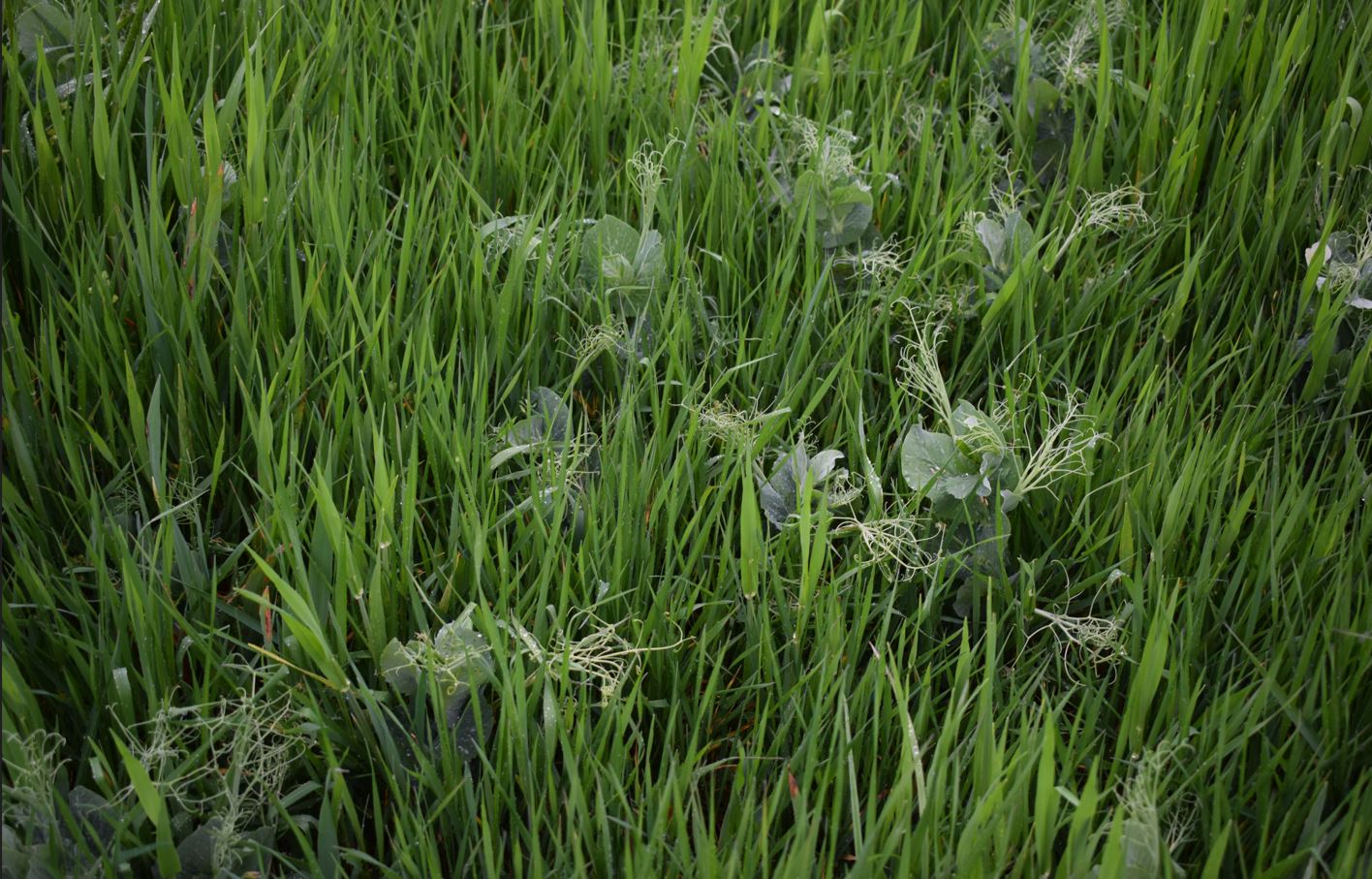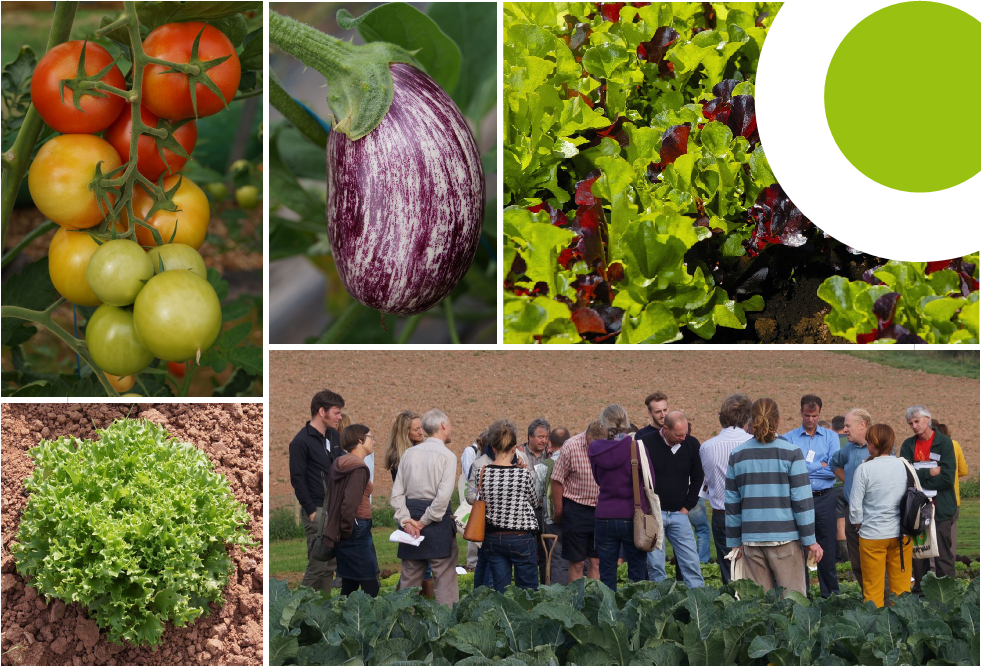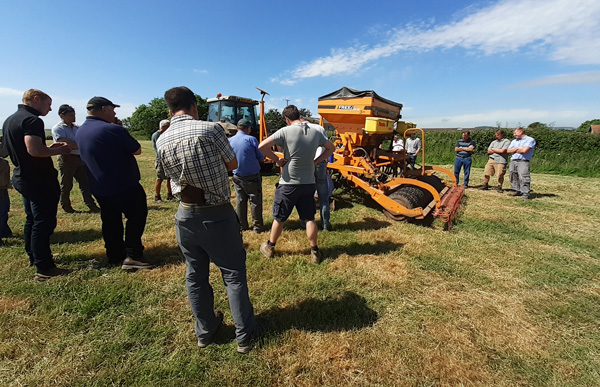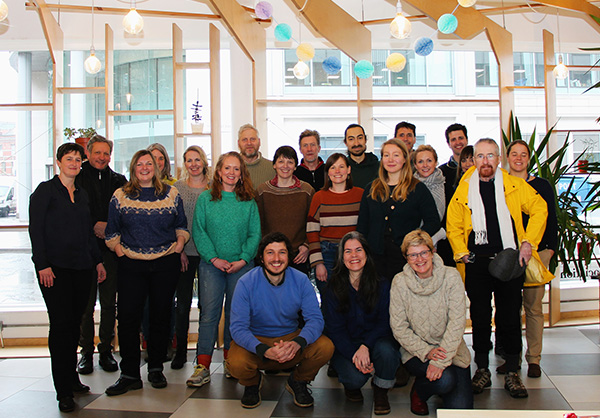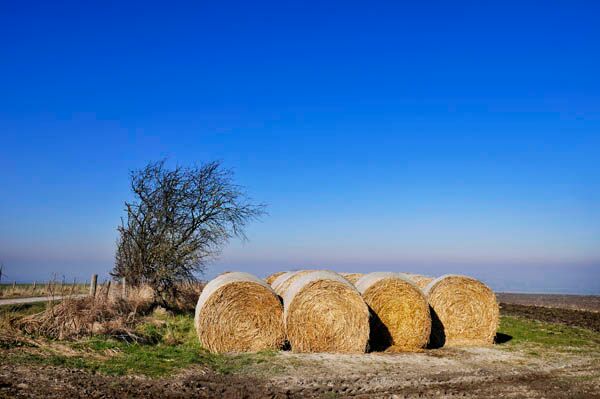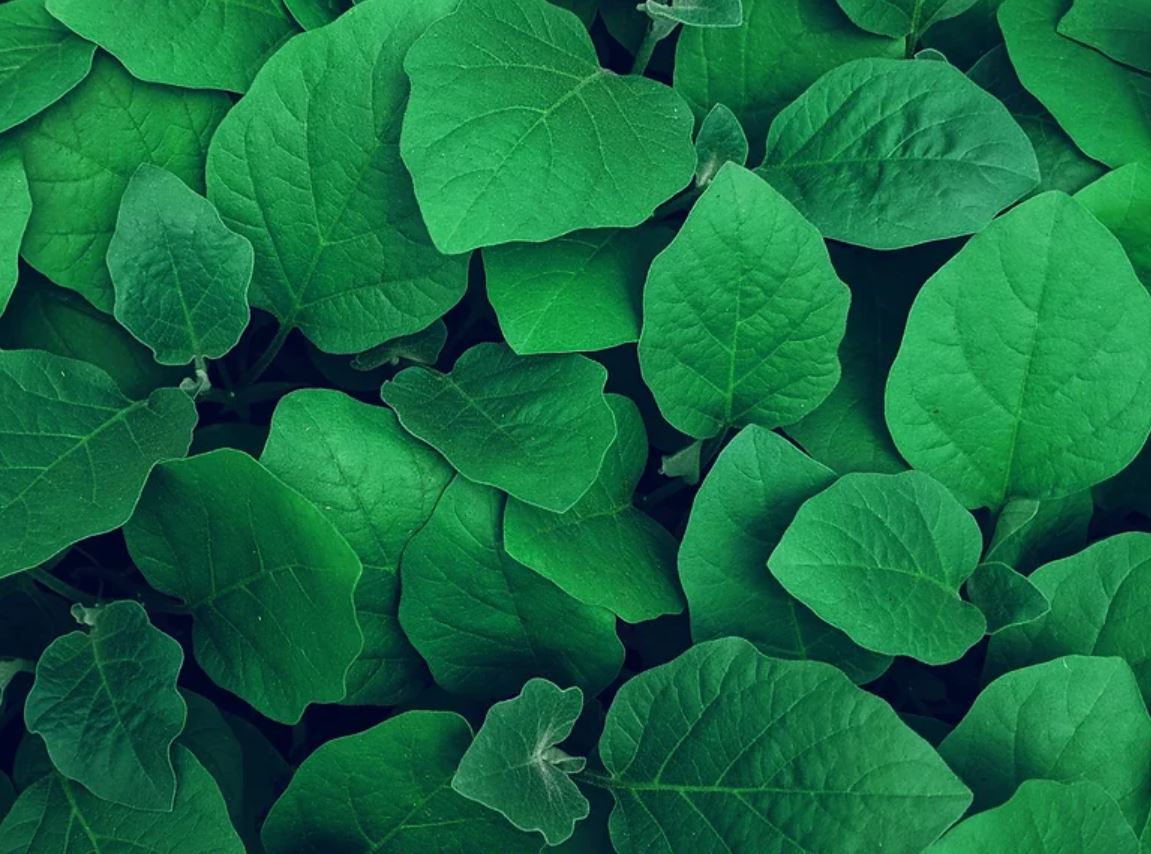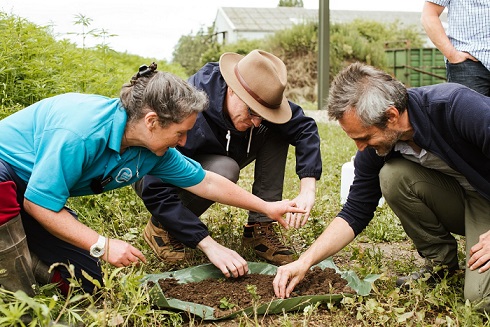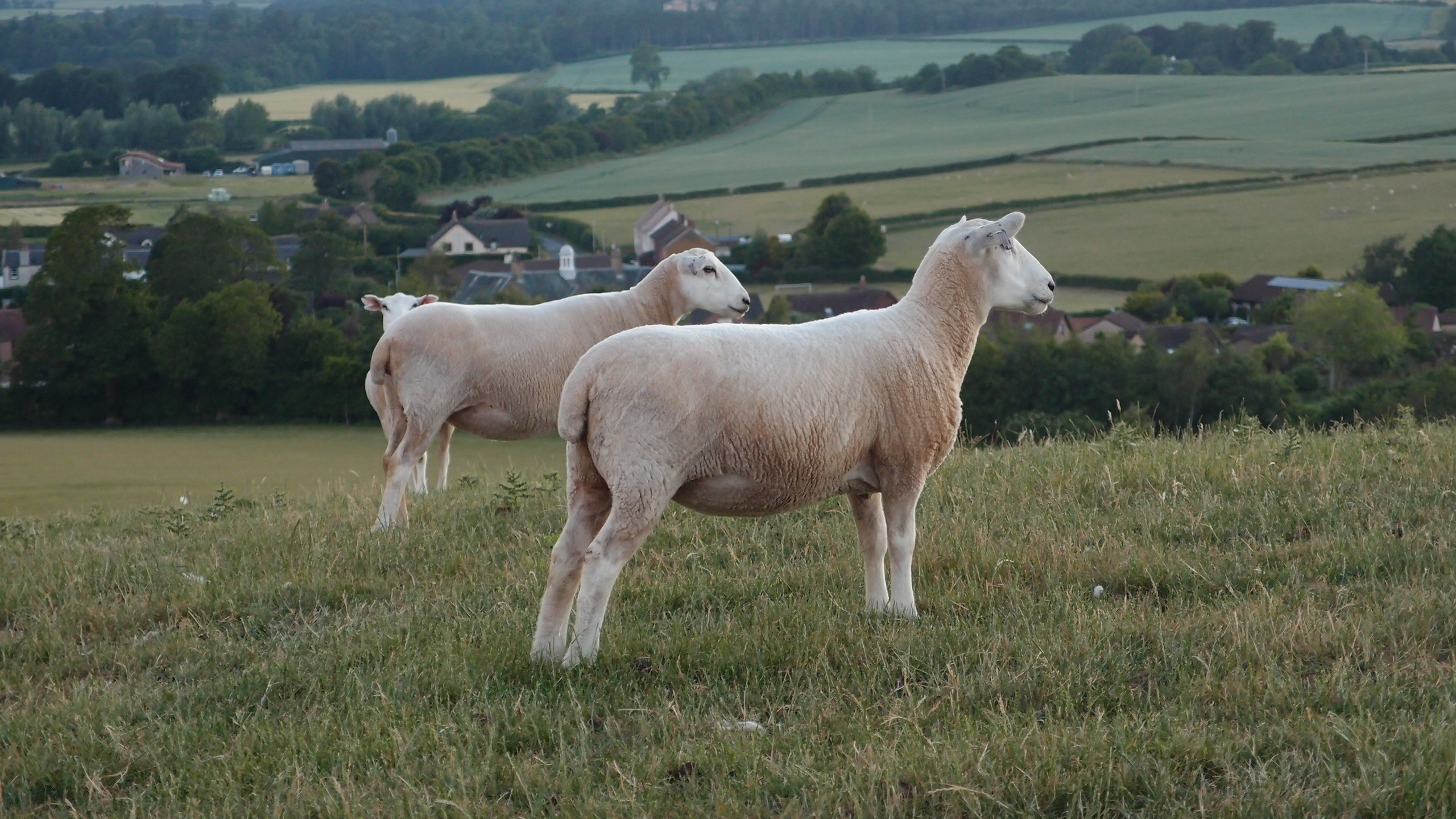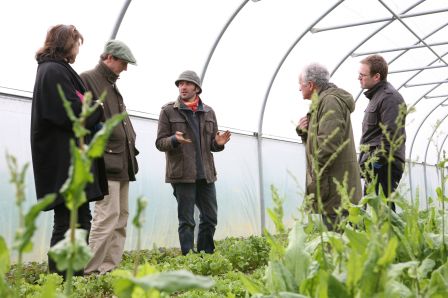- Soil Association
- Farmers & growers

Farmers and growers
Soil Association's Farming and Land Use team works with all farmers
Agroecology at Scale: Farmers and growers, find out about our series of in-person and online events.
We work with all farmers and growers, not just organic, who are interested in farming using agroecological principles. Our services are for everyone, whether you’re starting to make changes on your farm or are already knee-deep in nature-based practices.
We facilitate on-farm research, farm walks and demonstration events because we have found that farmers learn best by seeing how practices work ‘in the field’, and by learning from each other. Tapping into this network allows you to take cutting edge, research-based ideas and techniques back to your farm.
You’ll also find us out and about at national and regional events, as well as influencing the direction of farming policy and campaigning on behalf of all involved in the agroecology movement.
Sign up to our newsletter and dig into the resources below:
Be at the cutting edge of nature-friendly farming.
-
![]()
Soil Association Exchange
Get paid to farm with nature.
-
![]()
Innovative Farmers
Want to research on your farm?

